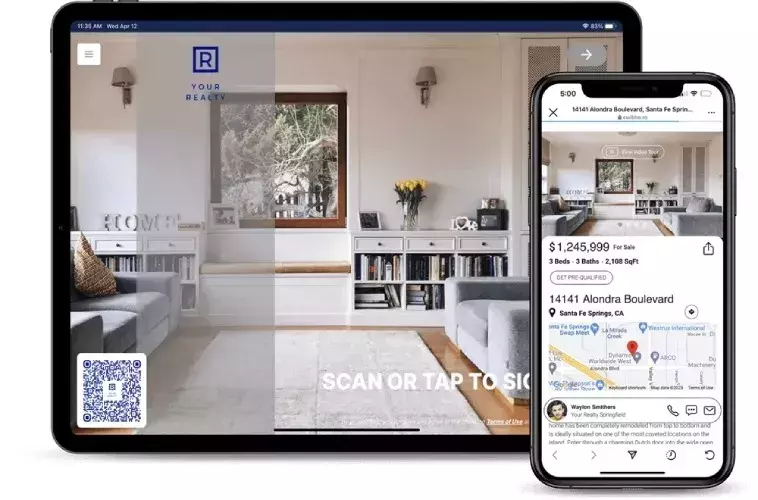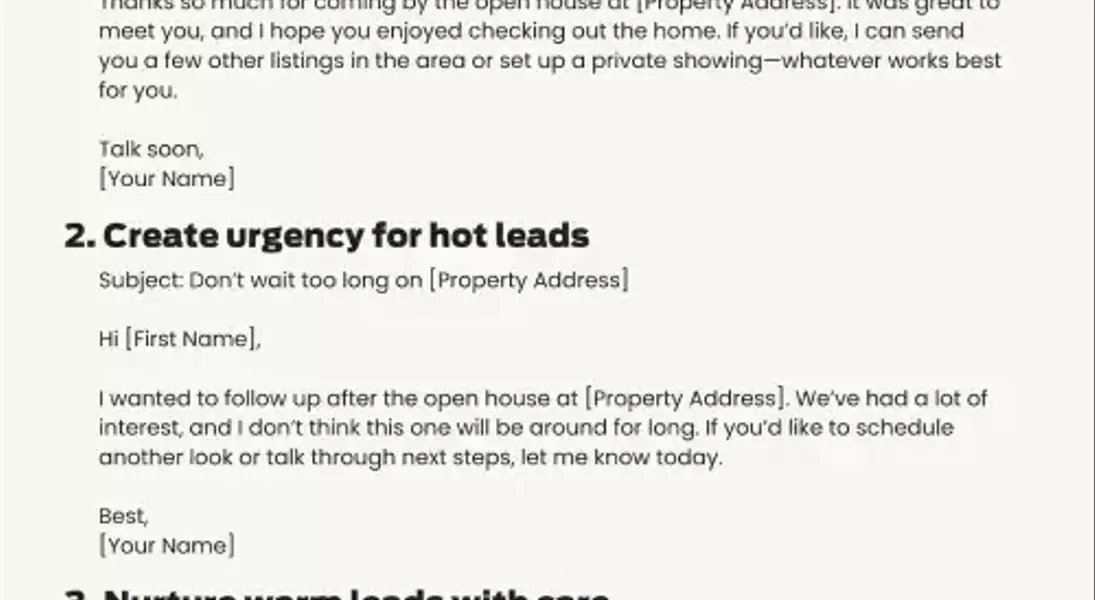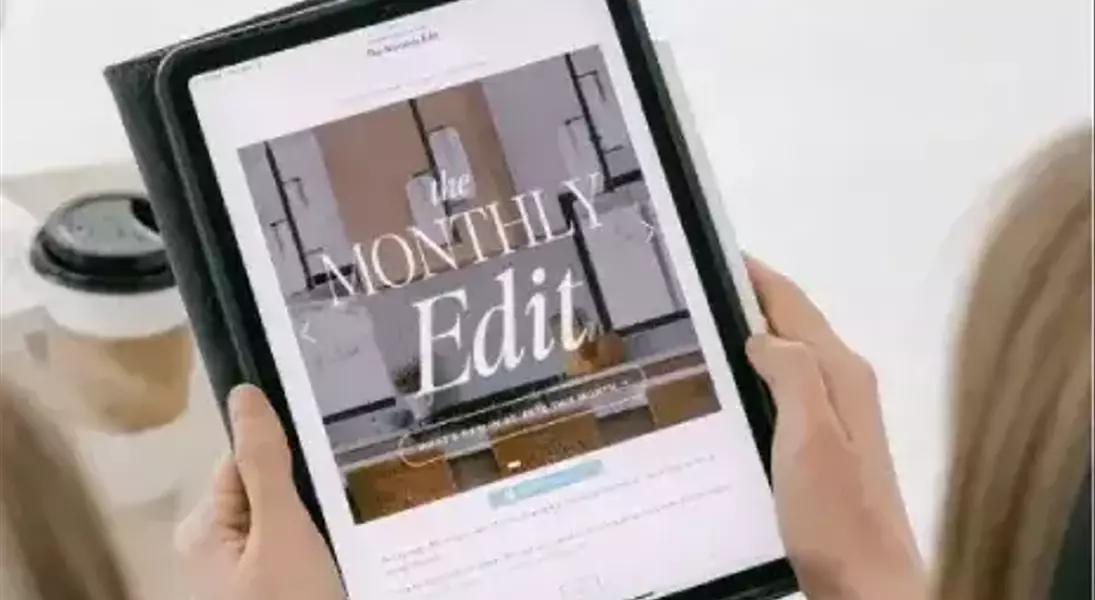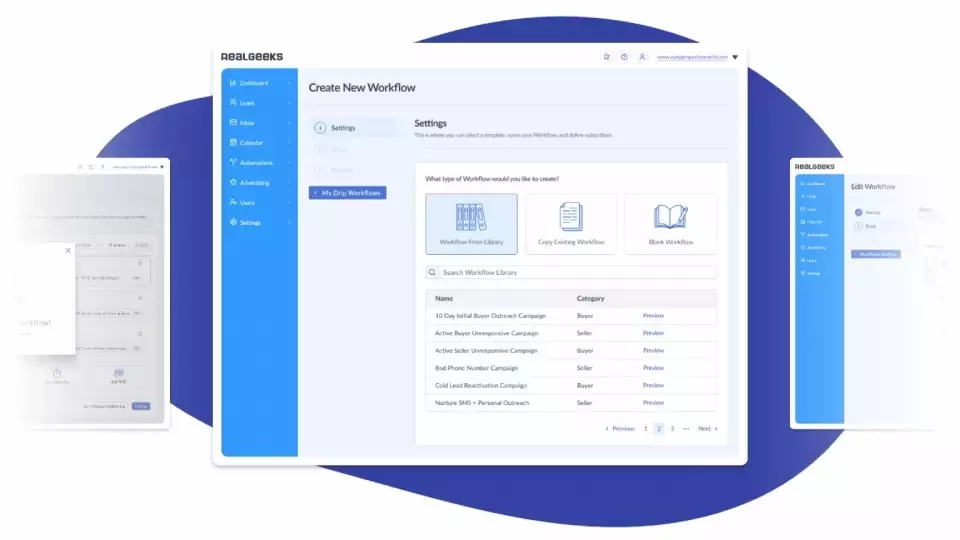





Converting open house visitors into clients demands more than just a captivating property display; it necessitates a sophisticated and timely post-event engagement strategy. The art of follow-up is pivotal in forging meaningful connections that transcend a mere property viewing. By meticulously crafting interactions, real estate professionals can transform transient interest into lasting client relationships, ensuring that every promising lead is cultivated with precision and care. This process is not just about sending an email; it's about initiating a dialogue that resonates with the prospective buyer's aspirations, positioning the agent as an invaluable resource in their property journey.
The strategic deployment of personalized communication and the adept use of technological aids are paramount in this endeavor. From initial expressions of gratitude to providing tailored market insights, each step in the follow-up sequence is an opportunity to reinforce trust and demonstrate expertise. Furthermore, embracing innovative tools for lead management and automated messaging can significantly streamline operations, allowing agents to maintain consistent engagement without compromising on personalization. This holistic approach ensures that no opportunity is overlooked, maximizing the potential for successful conversions and solidifying the agent's reputation as a dedicated and effective professional.
Strategic Communication Post-Open House
Following an open house, the true work of a real estate agent shifts from showcasing a property to nurturing nascent connections. Each individual who steps through the door represents a potential future client, an invaluable referral source, or even a future seller, all contributing to an agent's expanding network. A thoughtfully executed follow-up action extends the conversation beyond the physical viewing, signaling to visitors an agent's attentiveness and readiness to assist. Neglecting this crucial step means letting potential business and growth opportunities slip away. A concise and impactful email, for instance, can serve as a powerful reminder of the property, providing clarity on the next steps for interested parties, such as scheduling a private tour or initiating a property search, thereby establishing the agent as a primary point of contact for their real estate needs. It's about conveying a consistent, authentic message promptly to seize the moment.
The efficacy of post-open house communication hinges on its timeliness and personalization. For instance, sending a simple thank-you note within 24 hours of the open house, while the property and the agent are still fresh in the visitor's mind, can significantly enhance engagement. For those who expressed strong interest, a message conveying a sense of urgency about the property's limited availability can prompt immediate action. Conversely, for individuals who are not yet ready to commit, offering valuable resources like a homebuying guide or market insights can keep them engaged and position the agent as a knowledgeable advisor. Reaching out to those who registered but couldn't attend, or sharing client testimonials, further demonstrates proactive service. Moreover, understanding specific interests, such as investment opportunities or neighborhood specifics, and tailoring the message accordingly, transforms a general inquiry into a targeted conversation, effectively moving leads closer to conversion. This nuanced approach to communication, supported by a clear call to action, is fundamental to converting initial interest into concrete results.
Leveraging Tools for Enhanced Lead Conversion
Beyond individual outreach, the integration of specialized tools and platforms significantly amplifies an agent's capacity to convert open house attendees into loyal clients. Such digital solutions streamline the lead management process, ensuring no potential client falls through the cracks. These platforms facilitate automated follow-up sequences, allowing agents to maintain a consistent presence in a lead's inbox without constant manual intervention. By providing a centralized system for tracking interactions and organizing client data, these tools enable agents to deliver timely and relevant communications, from initial thank-you notes to long-term nurturing campaigns. The ability to quickly segment leads based on their expressed interest, whether they are hot leads, warm prospects, or even potential sellers from the neighborhood, allows for highly targeted messaging that resonates deeply with each individual's unique needs and aspirations.
Furthermore, innovative digital sign-in applications at open houses revolutionize the initial data collection process. These apps instantly gather visitor information, eliminating the need for cumbersome paper sign-up sheets and directly integrating data into an agent's CRM system. This immediate synchronization means that personalized follow-up emails can be dispatched while the experience of the open house is still vivid in the visitor's mind, greatly increasing the likelihood of engagement. Moreover, these technologies often provide comprehensive analytics, offering insights into email open rates and lead behavior, which can be invaluable for refining future communication strategies. By automating routine tasks and providing critical data, these tools empower agents to focus on building genuine relationships and closing deals, transforming the post-open house follow-up from a laborious chore into a highly efficient and effective component of their sales funnel.
